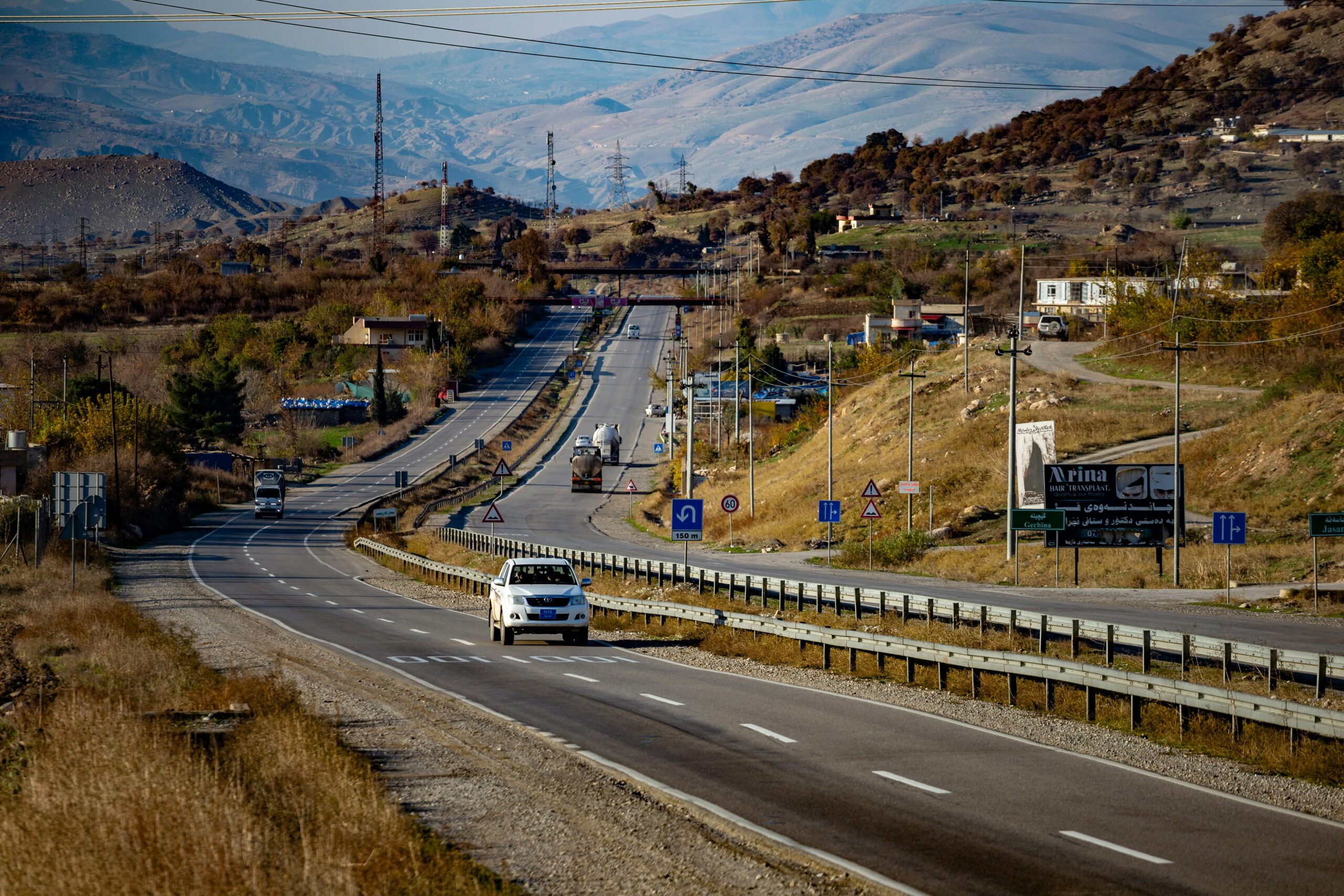
Key Facts
- Iranian President Masoud Pezeshkian is currently in Armenia to discuss the Trump Route for International Peace and Prosperity (TRIPP), a corridor linking Azerbaijan and its Nakhchivan exclave, which passes close to the Iranian border.
- The corridor, part of a US-brokered peace deal between Armenia and Azerbaijan, grants the U.S. exclusive developmental rights, which has been met with opposition from Iran.
- Iran has expressed fears that the corridor could lead to geopolitical shifts in the region, potentially isolating Iran and bringing U.S. influence closer to its borders.
Background
On August 8, a significant agreement was signed in Washington, D.C., between Armenia and Azerbaijan, overseen by U.S. President Donald Trump, aimed at establishing a land corridor known as the Zangezur corridor. This development is seen as a strategic economic and transportation link. However, it has sparked a wave of concern from neighboring Iran, which perceives the corridor as a direct threat to its regional security and influence.
Timeline/What We Know
The corridor proposal has rapidly become a contentious issue in the region. Iranian Foreign Minister Abbas Araghchi has labeled the issue as ‘sensitive,’ highlighting Tehran’s apprehension about potential geopolitical changes. On the other hand, the U.S. sees this as an opportunity to expand its influence in the Caucasus through bilateral agreements focusing on energy, trade, and technology, including artificial intelligence.
Before his departure to Yerevan, President Pezeshkian voiced his concerns about the potential presence of American companies in the region, which he described as ‘worrying.’ These comments underscore the deep-seated fears Iran has regarding the corridor’s implications.
Official Reactions
Armenian officials have reportedly assured Iran that no American military presence will be established in Armenia as a result of this corridor. However, Ali Akbar Velayati, a top adviser to Iran’s supreme leader, has stated that Iran would block the initiative ‘with or without Russia,’ indicating Iran’s firm stance against the project.
On the global stage, while Russia has cautiously welcomed the peace deal, it has also expressed concerns similar to Iran’s, advocating for regional solutions without external interventions.
What’s Next
The discussions between Iranian and Armenian officials in Yerevan are crucial as they could determine the future dynamics of the Caucasus region. The outcome of these talks is eagerly awaited by all parties involved and could either ease tensions or lead to further regional complexities.
Meanwhile, the international community continues to watch closely, as the implications of the corridor extend beyond the immediate region, potentially affecting global geopolitical alignments and stability in the Caucasus.


